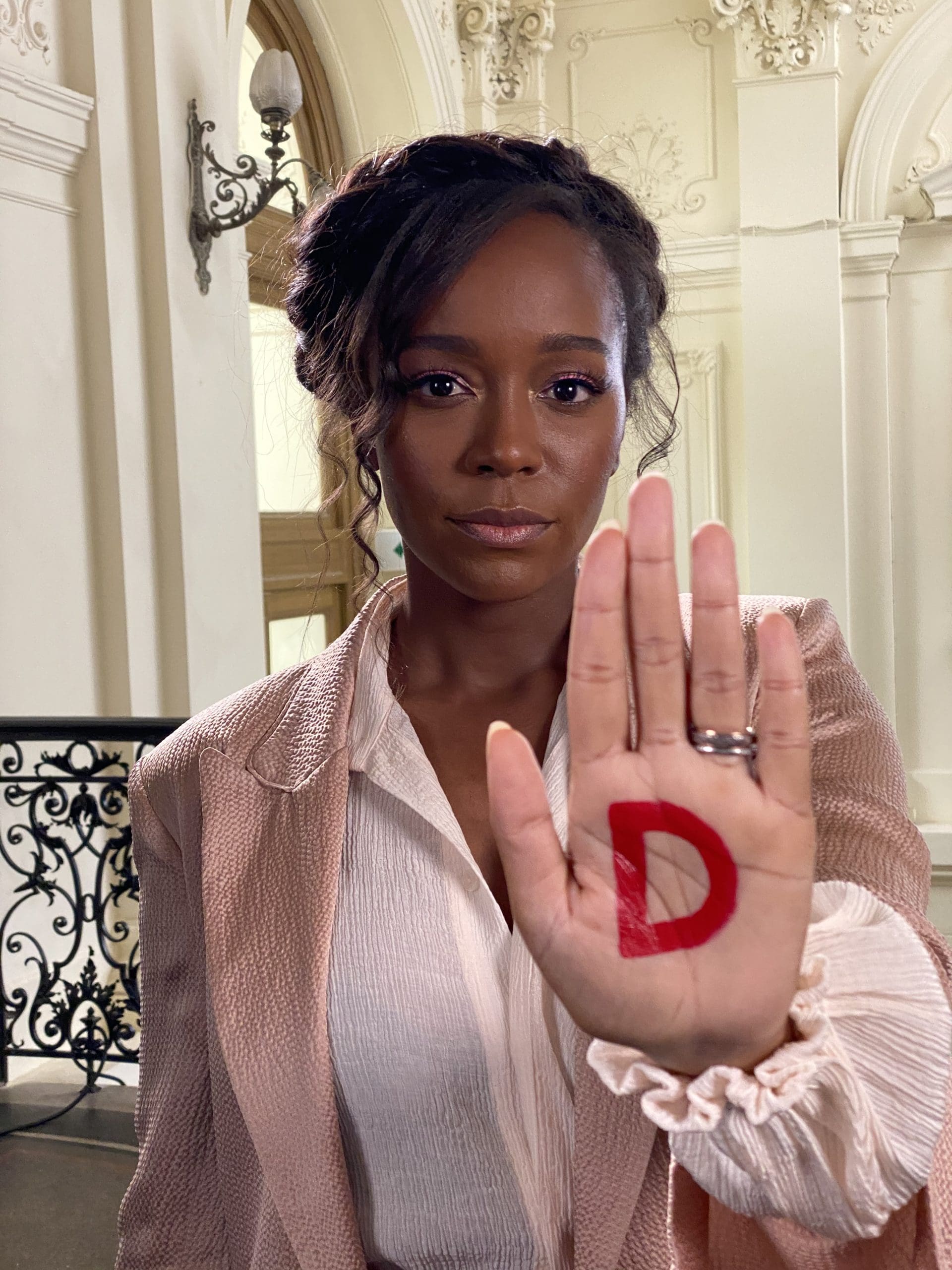Street harassment has been on the rise and remains a priority issue: did you know that since the start of the pandemic, one in three women have experienced at least one situation of sexual harassment? Ahead of International Anti-Street Harassment Week (April 11 to 15), we chatted with the co-founder of L’Oréal Paris’ Stand Up Against Street Harassment program, Emily May, about the issue. —Vita Daily
Hi Emily; what is “street harassment” and how has the pandemic exacerbated the situation?
Street harassment, or sexual harassment in public spaces, includes things like staring, whistling, animal noises, comments about your body, groping and public exposure. Unfortunately, instances of harassment remain prevalent and, in some cases, has emboldened people to harass even more. In as study just released by L’Oréal Paris in partnership with Ipsos, they found 72 per cent of respondents think that wearing a mask (during the pandemic) allows the harasser to hide themselves and feel untouchable. Furthermore, one in two individuals report feeling unsafe in public spaces, with nearly one in three women having experienced sexual harassment since the pandemic began, a startling statistic given the condensed timeline. And we know that women of color, LGBTQ+ folks, and low-income people are disproportionately impacted.
When, why and how did the Stand Up Against Street Harassment program start? What is the aim of the program, and who does it support?
L’Oréal Paris launched the Stand Up Against Street Harassment program in partnership with Hollaback! in 2020 across the globe. Together, we are on a mission to train 1 million men and women by the end of 2021, so that we can ultimately shift the culture that allows street harassment to be so prevalent.
What is the partnership between L’Oréal Paris and the Stand Up Against Street Harassment program, and why is it a good fit?
In 2020, my non-profit Hollaback! partnered up with L’Oréal Paris to create the Stand Up Against Street Harassment training program—aimed to provide invaluable tools for intervening when witnessing street harassment through our 5D bystander intervention methodology: Distract, Delegate, Document, Direct & Delay. L’Oréal Paris has been committed to women’s self-worth since their signature tagline, “Because I’m Worth It,” was unveiled in 1971 to celebrate the beauty and intrinsic value of women. Street harassment chips away at our self-worth. It makes us feel less than. In partnership with L’Oréal Paris, we are on a mission to train 1 million men and women by the end of 2021, so that we can ultimately shift the culture that allows street harassment to be so prevalent.
What are your top tips or best advice for women with respect to street harassment and learning to or taking steps to stand up for ourselves?
The most important advice I can give you if you’re experiencing street harassment is something that you probably already know in your head but, if you’re like me, you’re still learning in your heart. And that is this: street harassment is never your fault. And because it’s not your fault, it’s not your responsibility to have the “perfect” response to harassment, it’s their responsibility not to harass you.

Be the first to comment